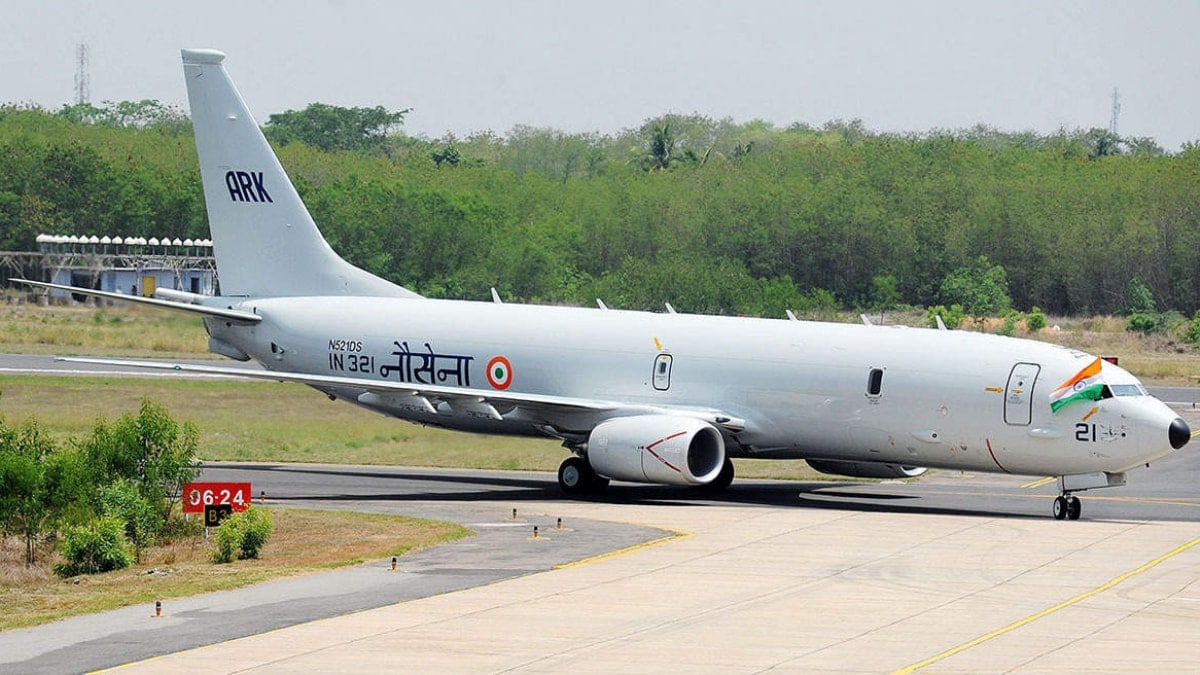
The P8I aircraft, an advanced version of the Boeing P-8 Poseidon, are designed for anti-submarine warfare, anti-surface warfare, and intelligence, surveillance, and reconnaissance missions. India, which has already ordered several of these aircraft, is keen to expand its fleet, crucial for monitoring the vast Indian Ocean region, an area of increasing geopolitical significance. The request for a price reduction reflects New Delhi’s growing push to ensure that military procurement deals remain cost-effective while continuing to modernise its defence forces.
This development marks a pivotal moment in the broader context of the ongoing tariff battle. Over the past few years, both countries have imposed a range of tariffs on each other’s goods, disrupting trade flows. The US has criticised India’s trade policies, particularly regarding agricultural exports and tariff rates on certain American goods, while New Delhi has responded by levying tariffs on US products such as almonds, apples, and whiskey. These tensions have strained bilateral relations, with each side seeking to exert pressure on the other through various economic and diplomatic channels.
India’s military procurement negotiations with the US are far from straightforward, often entangled with broader geopolitical considerations. With the US acting as a key defence partner to India, the timing of this request is seen as a calculated approach to use the ongoing trade friction to its advantage. The official noted that, while such requests are not uncommon in international defence deals, the current tariff war amplifies their significance. This move could also signal India's desire to maintain a balance in its dealings with global superpowers, ensuring that it doesn’t remain overly dependent on any single nation for critical defence equipment.
India’s Navy, one of the largest in the world, is in the midst of a major overhaul, focusing on acquiring advanced technology to bolster its capabilities in the face of rising maritime security threats. As tensions with neighbouring China over the South China Sea and Indian Ocean intensify, the importance of modernising India's naval fleet has never been clearer. The P8I aircraft play a pivotal role in this strategy, helping to bolster surveillance capabilities and secure vital shipping lanes that are crucial for global trade.
The P8I request comes amid a broader shift in India’s defence procurement strategy, with a push for “Make in India” initiatives designed to reduce dependence on foreign manufacturers. While the US remains a primary supplier of high-tech military hardware to India, New Delhi has been increasingly focused on fostering domestic defence production capabilities. This dual approach—seeking discounts on foreign-made equipment while simultaneously investing in indigenous production—is part of India’s broader strategy to enhance its self-reliance in military technology.
For the Trump administration, the price reduction request could be seen as an opportunity to strengthen its ties with India by offering a deal that could soften the impact of its tariffs. However, the US has its own considerations. The sale of defence equipment, particularly high-end technology like the P8I, is often subject to stringent regulations, and any significant discounts could be met with scrutiny from various sectors, including domestic manufacturers and lawmakers concerned about national security.
At the same time, the US’s strategic interests in the Indo-Pacific region could influence how it responds to India’s request. Washington has made significant efforts to deepen its defence relationship with New Delhi, viewing India as a key partner in countering China’s growing influence in the region. Offering a more favourable deal on the P8I aircraft could be seen as a strategic move to bolster that partnership, especially as both nations seek to counterbalance China’s presence in the Indian Ocean and South China Sea.
